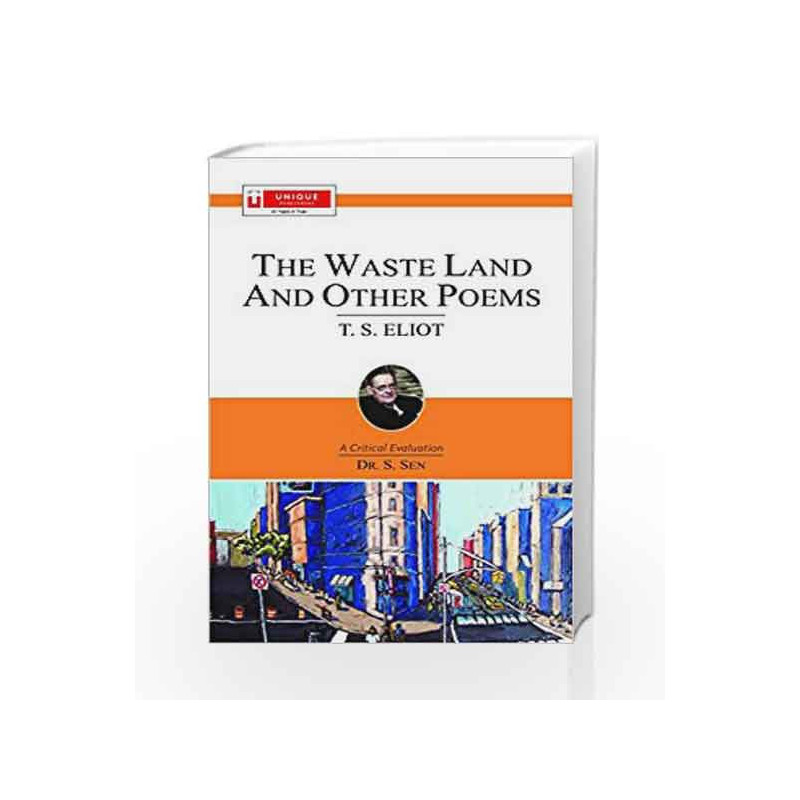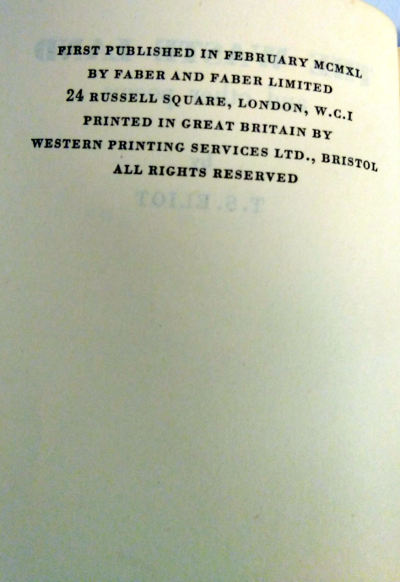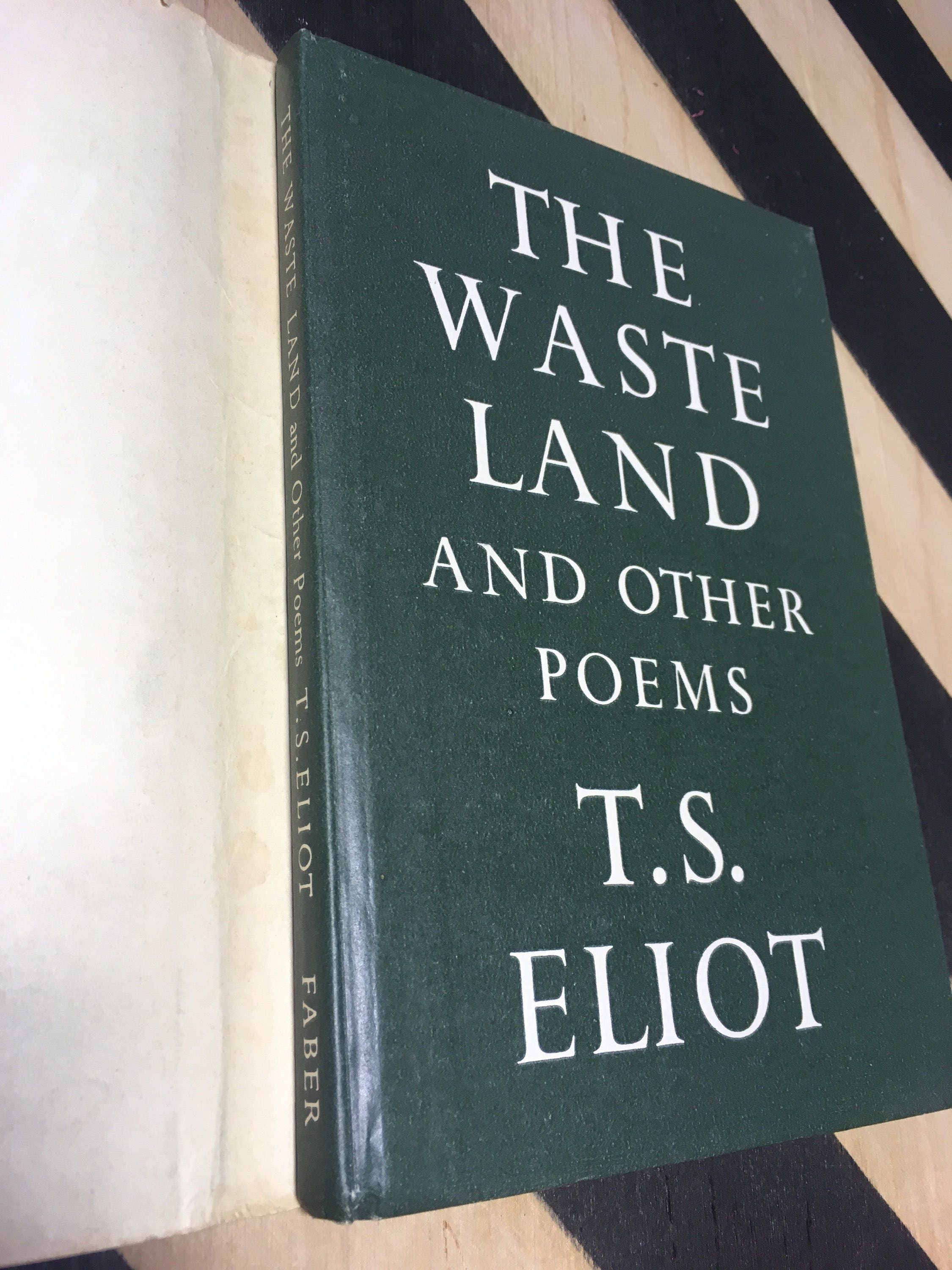

The river bears no empty bottles, sandwich papers Sweet Thames, run softly, till I end my song.

The river's tent is broken: the last fingers of the leafĬlutch and sink into the wet bank. Nature existing in the most unimaginable form, knowable but vile.

Nature empty of human presence or comfort. According to Ernest Hemingway's memoirs, Pound also reviewed manuscripts of "The Waste Land," the publication and highly well-received reception of which obviated the need for the fund.Įliot's most common imagery-and from which the poem draws its true strength-is nature. Although poor himself, Pound organized a fund, "Bel Espirit," to assist Eliot financially.Īccording to Ernest Hemingway, who was asked by Pound to contribute, he idea of Bel Espirit was that we all contribute a part of whatever we earned to provide a fund to get Mr Eliot out of the bank so he would have money to write poetry. Eliot dedicated the collection to American poet Ezra Pound, who was also writing in London. He introduces the poem with a few lines in Latin, Greek, Italian, and English. Eliot combined classic drama, poetic references, Grail lore, and both Buddhist and Hindu texts to form this stupendous piece of five sections.Įliot glorified erudition to the point of inscrutability. Neither Eliot nor "The Waste Land" (he was adamant it should be two words) are to be entered lightly. You cannot say or guess, for you know onlyĪ heap of broken images, where the sun beats,Īnd the dead tree gives no shelter, the cricket no relief. What are the roots that clutch, what branches grow

When I dug into Stephen Fry's indispensable guide to poetry, I sat it next to The Waste Land with sleeves rolled up. The poem foretells: "Here is no water only rock." The hottest temperature on Earth, 134F, was recorded in 1913.


 0 kommentar(er)
0 kommentar(er)
